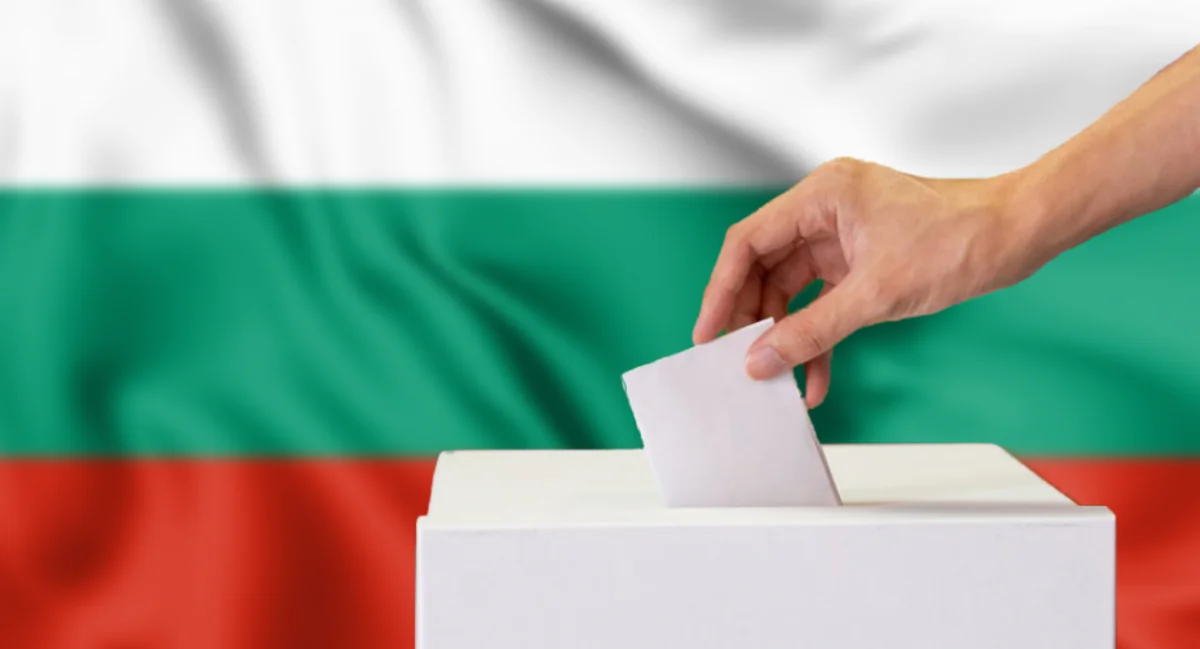Bulgaria holds another snap election, no stable government in sight
- 27 October, 2024
- 08:55

Bulgarians were voting on Sunday in their seventh snap election in four years, but opinion surveys suggest it is unlikely to break a political deadlock that has slowed economic reforms in the European Union's poorest member state, Report informs via Reuters.
Bulgaria has been plagued by short-lived governments since 2020 when anti-graft protests helped end a coalition led by the centre-right GERB party.
"I don't think they will form a government" after the election, Marin Kushev, 69, said after casting his ballot in Sofia. "I don't believe them (politicians)."
Latest opinion polls suggest that once again no single party will win a parliamentary majority, setting the stage for a fresh round of difficult and prolonged coalition talks.
"I want a stable government so that I can come back, I live in England. I don't think it is possible at this stage," said Raina Stancheva, 53, a manager who voted on Sunday in Sofia.
Polls will close at 8 p.m. (1800 GMT), with exit polls due to be announced immediately after polling stations close. The first partial results are expected around midnight (2200 GMT).
A Gallup International Balkans poll, published on Friday by Bulgarian National Radio, put GERB ahead with 26.1% of the vote, followed by two parties in a tight race for second place.
The reformist PP (We Continue The Change) and the ultra-nationalist, pro-Russian Revival party were seen at 16.2% and 14.9% respectively. The same poll saw voter turnout at 31.1%.
"I have 40 years of working experience, and I am getting 700 leva ($400) per month as a pensioner," said Iordanka Metodieva, 73, a pensioner who voted in Sofia. "Life is hard."
Bulgaria needs a period of stable, well-functioning government to accelerate the flow of EU funds into its creaking infrastructure and nudge it towards adopting the euro.
Plans to join the eurozone have already been pushed back twice because of missed inflation targets. Accession is currently slated for Jan. 25, 2025.
"A fragmented parliament and long-standing political rivalries will complicate the formation of a functional and stable government," political risk consultancy Teneo said in a note on Thursday.
"Protracted political chaos might translate into growing voter disappointment with mainstream political parties in favour of populist, nationalist and pro-Russian ones," it said.
Sunday's vote was triggered by the failure following an inconclusive June 9 election of Bulgaria's political parties to agree on forming a coalition government.
